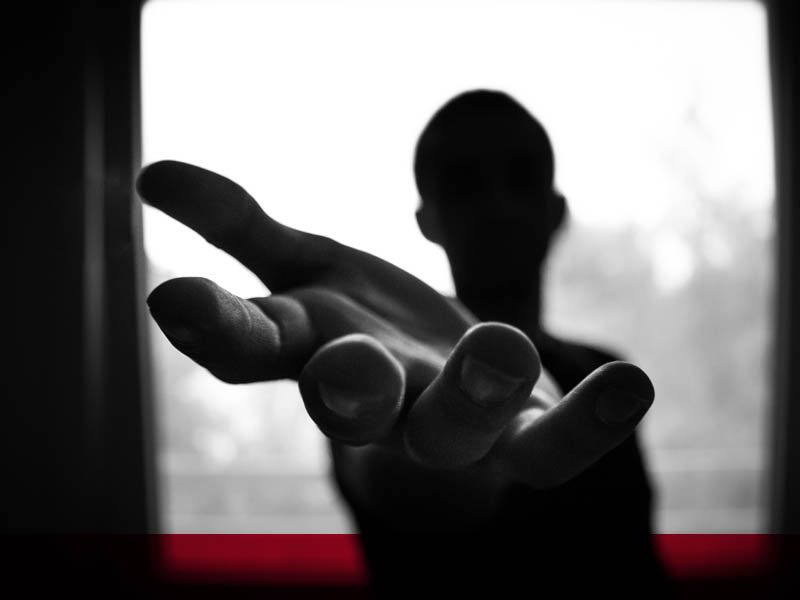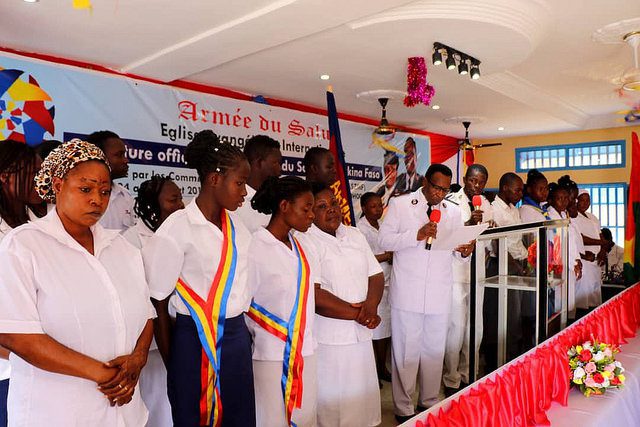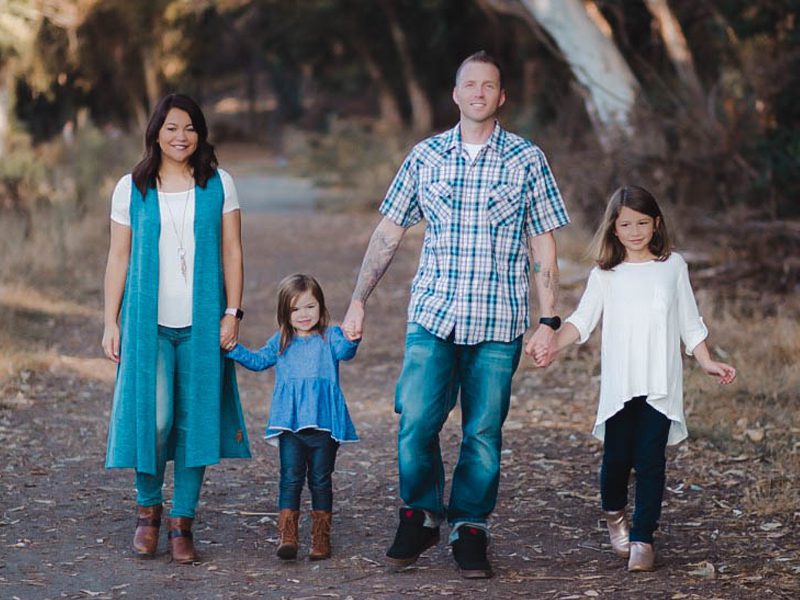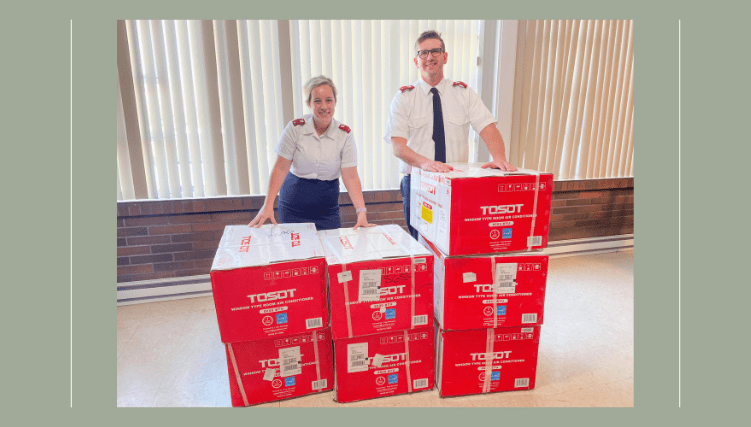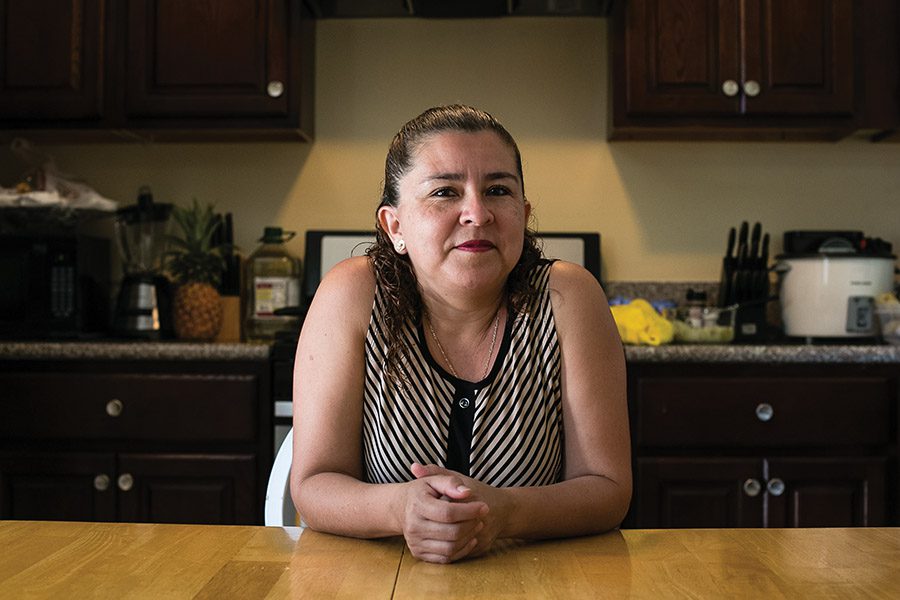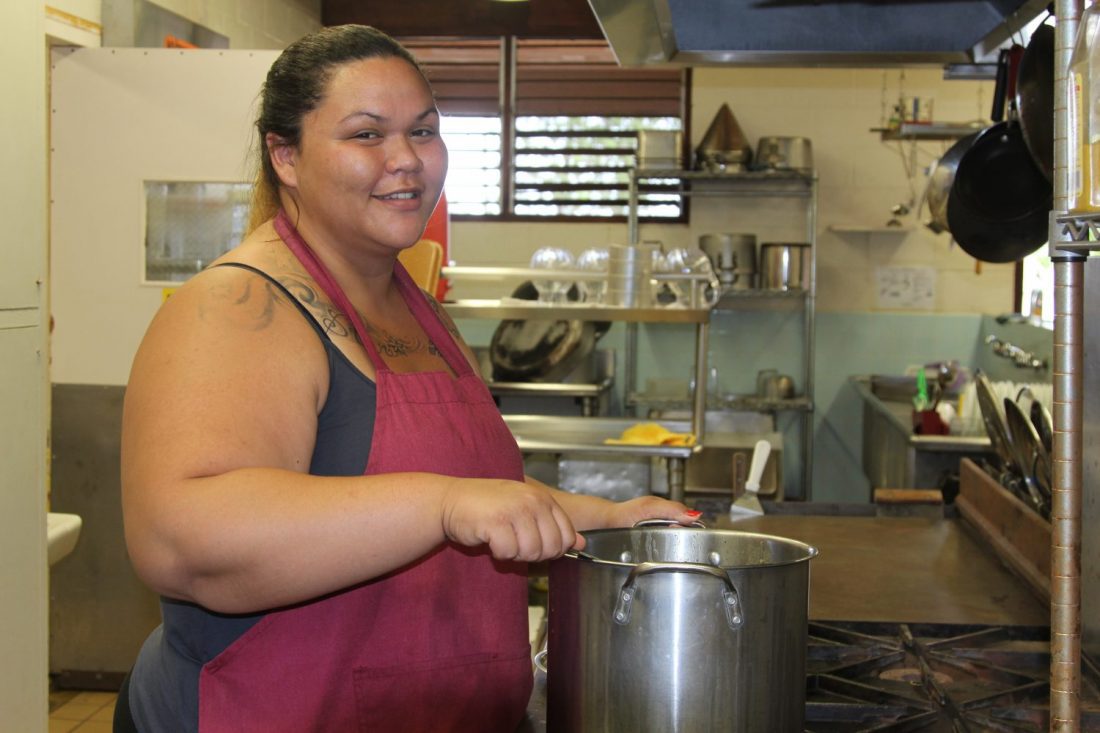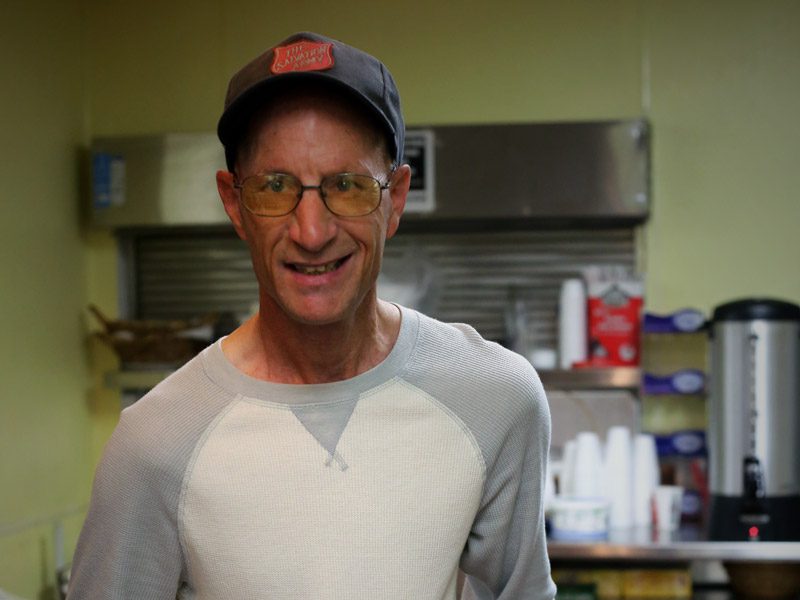Responding to victims of human trafficking
I am driving toward Disneyland, just a mile or so from the police department where I will be meeting a victim of human trafficking. As I watch the fireworks start to light up the sky, reality settles in just miles from the happiest place on earth. Human trafficking is real and it is a big business.
It’s not unusual for my days to begin much earlier than anticipated. Tomorrow’s work day starts tonight at 9:30 p.m. when I receive a phone call from our task force law enforcement partners. They have a victim in need of an advocate after a traffic stop conducted earlier in the evening.
I pull into the police department. My role this time is to advocate for what makes the victim feel heard, safe and understood. This often looks like getting her food, something warm to wear and letting her talk about her boyfriend, the same man who was just arrested for human trafficking because he would pimp her out to make a profit.
This particular case is different than many. This victim is familiar. I met Lisa six months earlier on a similar call. Tonight is different for her.
Six months ago, Lisa was picked up in a sting operation. She made a date with one of our undercover investigators who showed up at a motel room as a sex purchaser. Money was exchanged, she was apprehended and brought in to start an investigation against her trafficker, who was also her boyfriend.
During that first call-out, I was her victim advocate while she was detained for questioning. At the time she did not see herself as a victim of human trafficking, and refused services. As an ethical standard, we honor self-determination, despite how obvious the abuse and exploitation appears. I did not expect to see her again.
Here we are six months later. She was picked up by police while in the car with her pimp. Although Lisa refused to cooperate with law enforcement before, since she fit the definition of a victim of sex trafficking, they have been working to find and arrest her trafficker.
Over the months, this investigation found Lisa’s pimp is a high-level trafficker. He’s trafficked many girls up and down the state of California.
She remembers me, and I can feel a sense of relief from her when she sees me. She isn’t the hard and uncooperative young girl she was six months ago. She is scared and unsure; the circumstances are different now. Her boyfriend, the declared love of her life, is now in custody. She doesn’t have a place to go, she has no money, no one to call. She is alone.
Tonight, her whole life has changed, and she’s not completely aware of it yet. Her only concern is to see her boyfriend. Make sure he is OK. She doesn’t understand he is going to be charged with human trafficking.
My clinical role tonight is to address basic needs, and start to build the rapport necessary to continue providing services to Lisa. It is approaching midnight before I am able to sit down with her. I am tired and I can only imagine how tired she must feel.
I learn she has not slept in 22 hours. She had a daily $2,000 quota she needed to meet, and she worked until she met it. Each encounter meant $75–$150, depending on the service.
This is a victim who claims she chose “the life”—even though she has never been able to use any of the money for herself. She needs permission to buy anything, and she sits here with no options of a place to go.
Tonight I work to show her that there are people who will meet her needs without requiring her to meet a quota.
My schedule has now changed a bit for the next day. She is the priority. I need to assess for safety, suicidal tendencies and begin a case plan. I meet her in the morning at the time we agreed on. It is important to help her feel heard and understood.
I have learned appropriately timed honesty, no matter how painful the truth, is key to the healing process. This allows a precedent to be established, and results in a sincere and honest working relationship. Explaining the extent of the case last night would not have served her or our working relationship.
Even though she is still in crisis today, I know ethically it is time to answer her questions. By doing so, I treat her with dignity. I am not withholding information; she can trust me.
So, I share with Lisa the extent of the charges that the District Attorney is pursuing against her boyfriend. I am careful to not speak against her boyfriend. I am relaying information to her, and my concern is providing support to her during this loss.
It is important to understand she is grieving a person, a future and a life she believed she envisioned for herself. In this moment, I choose to remain neutral about the case, despite my inner bias, because she needs someone to sit in her pain with her, without having an opinion.
My hope is that she encounters people who are concerned about her, with no strings attached, no quota to meet, with no expectation of getting something in return. Only then will she be capable of truly choosing—with freedom—the life she wants for herself.











